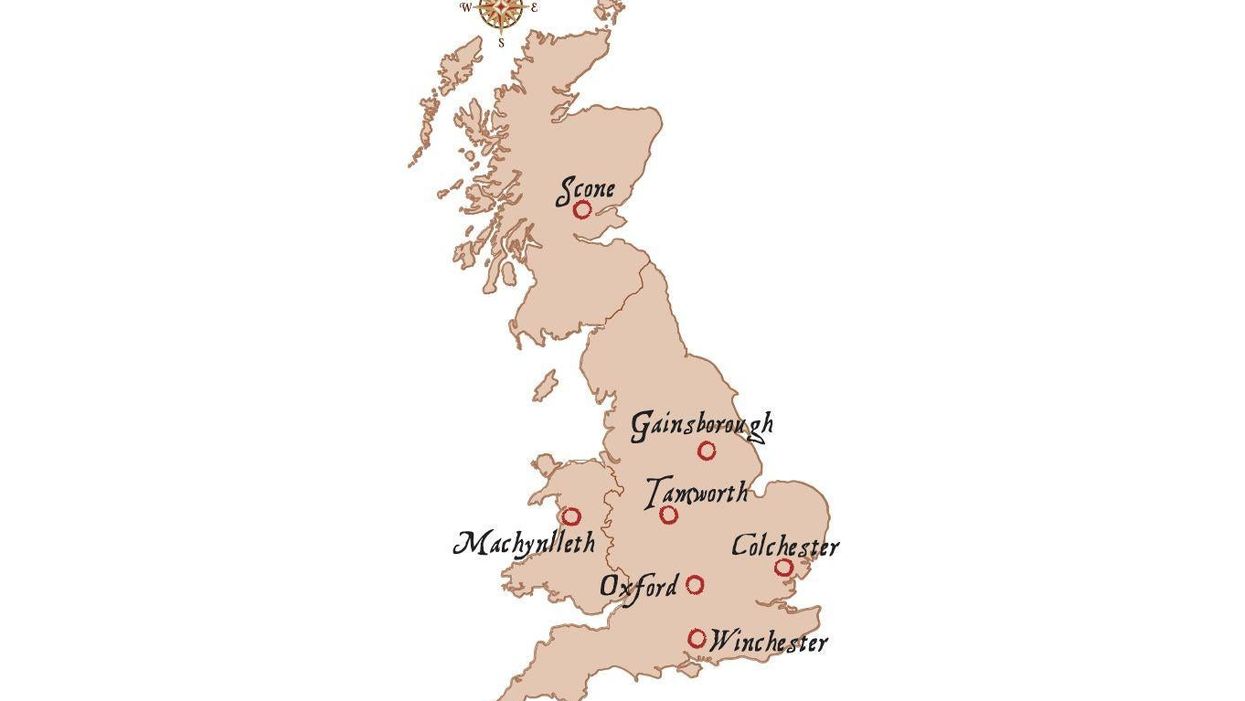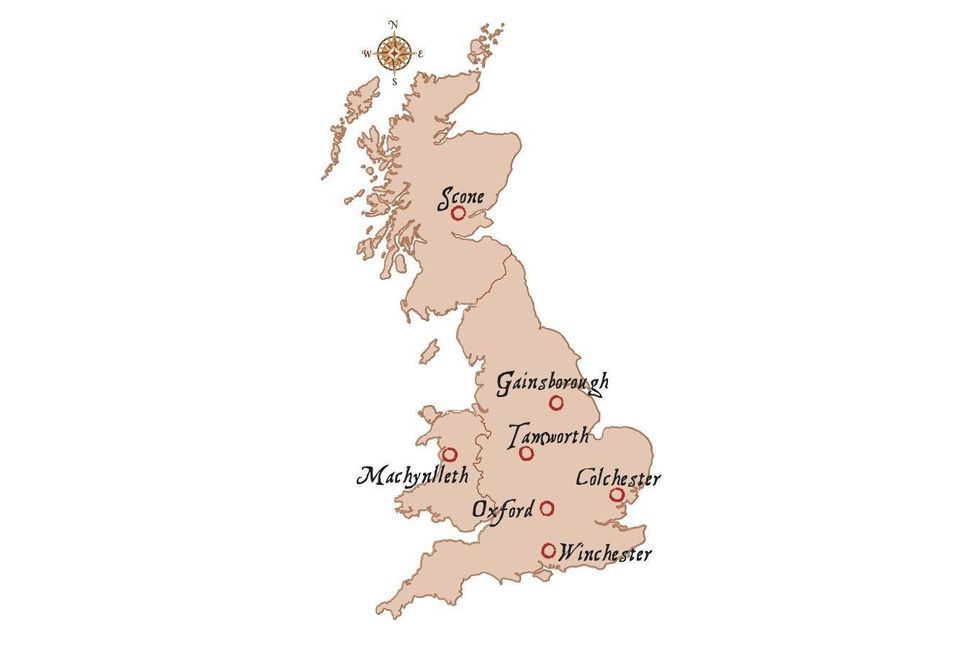News
Indy100 Staff
Dec 29, 2014

Officials in Gainsborough, Lincolnshire, are hoping to boost tourism by celebrating its past role as the capital of England under King Sweyn Forkbeard, who was crowned there on Christmas Day in 1013.
Forkbeard ruled England for just 40 days, and remains the nation’s shortest-reigning monarch. Gainsborough isn't the only past capital you may not have heard of:
Scone
The ancient village of Scone was the closest thing to a capital for the Kingdom of Scotland from around 1163. King Malcolm IV described Scone Abbey, which once housed the famous ‘Stone of Scone’, as the kingdom’s “principal seat”.
Machynlleth
The small town of Machynlleth was once the home of Wales’s ruler Owain Glyndwr. He ran his Welsh Parliament there in 1404. It’s known as the ancient capital of Wales – though was never officially recognised.
Winchester
Alfred the Great oversaw the historical Kingdom of Wessex from Winchester in the late 800s. At the time, he was the most dominant ruler in England.
Oxford
Oxford was the nation’s capital for a time during the English Civil War. Charles I held his court in the city from 1642, after Oliver Cromwell expelled him from London.
Tamworth
England was once divided into regions such as Mercia, Wessex, and Northumbria. Tamworth acted as Mercia’s official capital under King Offa, previously established as its royal centre by King Penda in the seventh century.
Colchester
Colchester in Essex served as the first capital of Roman Britain at around the time of the senator and historian Tacitus. Catus Decianus ruled as procurator of Britain from the ancient town in AD60.
More: The 4,000-year-old mystery that has finally been solved
Top 100
The Conversation (0)














